Comprehensive Fertility Testing
For men who have been trying to conceive for over a year without success or have undergone unsuccessful assisted reproductive treatment. In these cases, all available sperm evaluations and genetic tests related to infertility are recommended.
What is Included

Spermiogram
We conduct a thorough microscopic evaluation of key semen parameters, including sperm count, motility, and morphology. These factors are critical in assessing the sperm's potential fertilizing capability—their ability to fertilize an egg and achieve conception. Accurate and reliable analysis of sperm morphology is crucial, as poor morphology is a negative indicator for natural conception and/or insemination. Similarly, sperm concentration and motility are essential parameters that significantly influence fertility outcomes and guide appropriate treatment plans for the couple.
Semen Cultures
We examine whether there is any pathogenic microorganism present. The existence of microbes requires immediate treatment because if left untreated for a long period, they can adversely affect achieving pregnancy or they can be transmitted to the partner, leading to further complications.
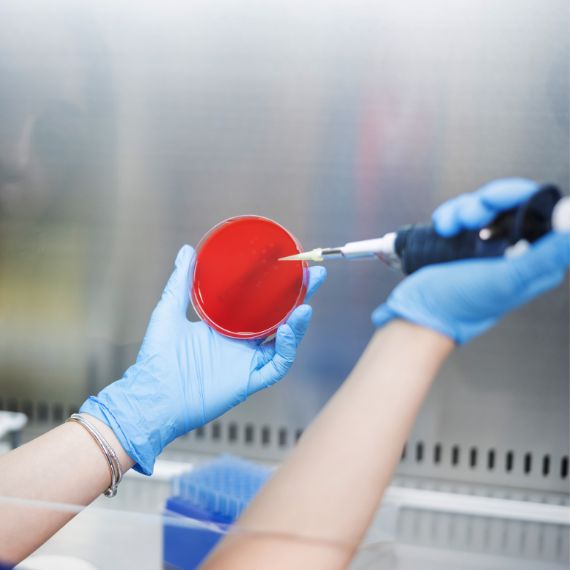
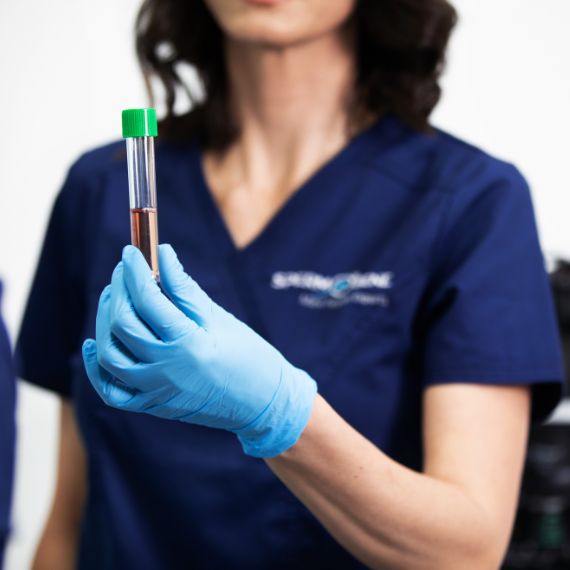
Measurement of sperm oxidation-reduction potential
Using the MiOXSYS system, which is the only one that calculates the total oxidative-reductive potential (sORP), we quickly and effectively evaluate whether sperm is in an oxidative or reductive stress state, allowing for immediate application of appropriate treatment or adjustment. Up to 80% of cases of male infertility are related to oxidative stress. Treatment involves the correct antioxidant therapy at the appropriate dosage.
DNA Fragmentation Index (DFI)
The percentage of spermatozoa with damaged DNA is determined using the TUNEL method, which is the most reliable technique for this purpose. These spermatozoa have undergone cell death processes and either may not be able to fertilize the egg, or if fertilization occurs, the embryo may fail to implant or lead to miscarriage. Increased levels of fragmented DNA will negatively affect the chance of achieving pregnancy naturally.
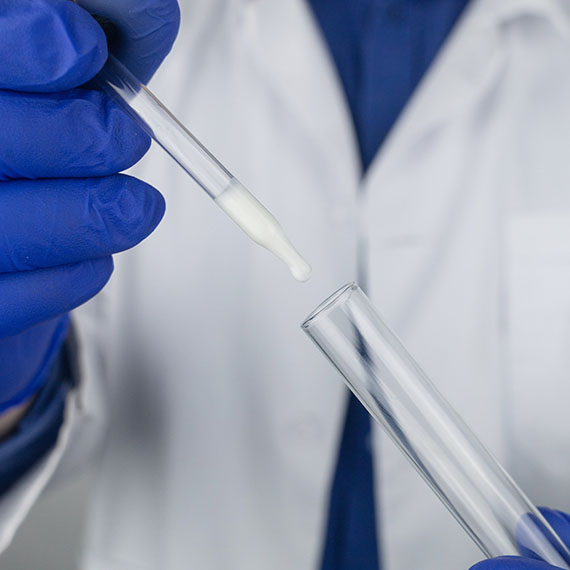
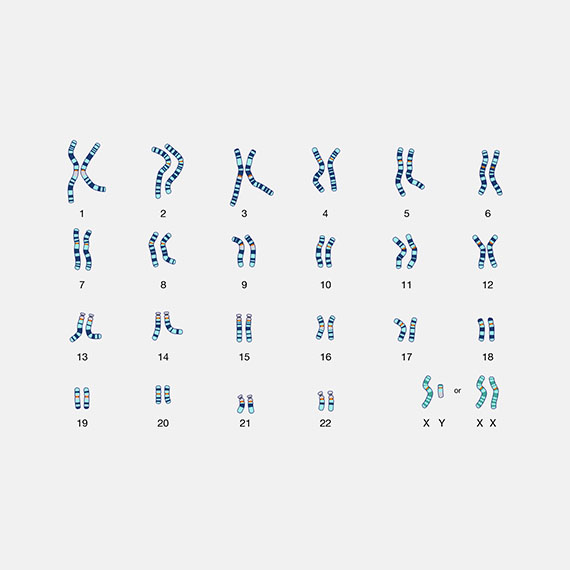
Karyotype
We assess the number and structure (size and shape) of the chromosomes in peripheral blood cells. Abnormalities in the karyotype are often the genetic cause of infertility and/or recurrent miscarriages.
Hormones
We evaluate the hormones that regulate spermatogenesis (sperm production): FSH – Follicle-stimulating hormone, LH – Luteinizing hormone, Testosterone, Estradiol, SHBG, and those associated with infertility: Prolactin, TSH – Thyroid-stimulating hormone.
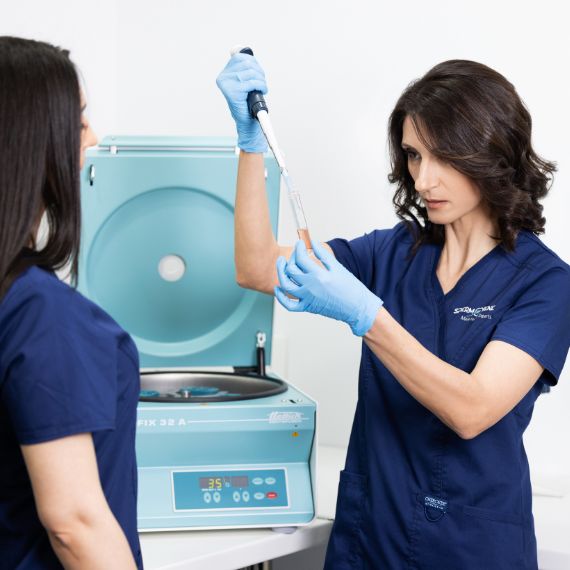
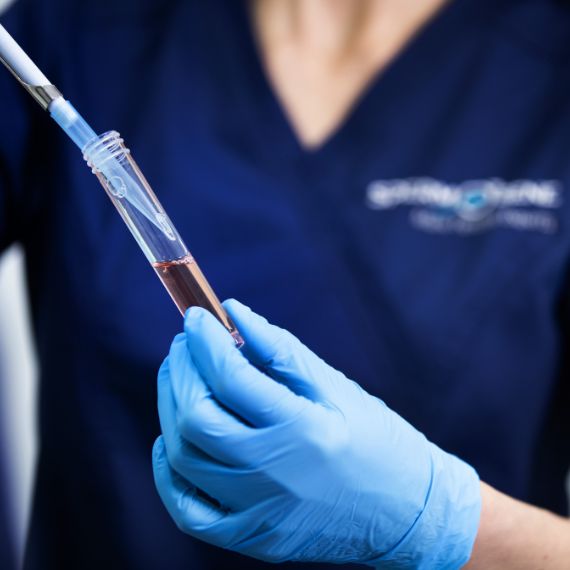
Sexually Transmitted Diseases
Ανιχνεύονται αντιγόνα ή αντισώματα για: HIV 1-2, HCV, HBsAg και VDRL. Οι εξετάσεις αυτές είναι απαραίτητες για την διαδικασία οποιασδήποτε από τις μεθόδους υποβοηθούμενης αναπαραγωγής (σπερματέγχυση, κλασσική IVF, μικρογονιμοποίηση ICSI).
Personalized Advice
Based on the results, we provide personalized advice for addressing infertility.


